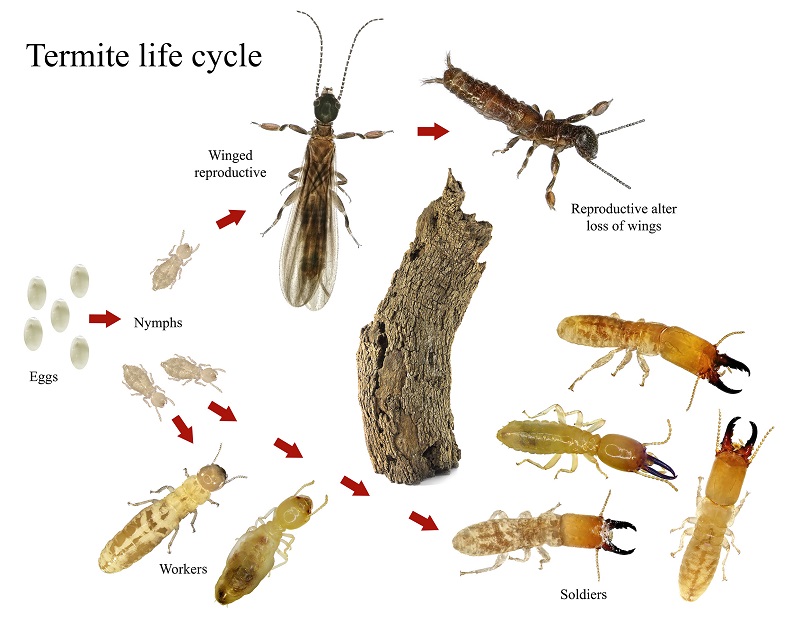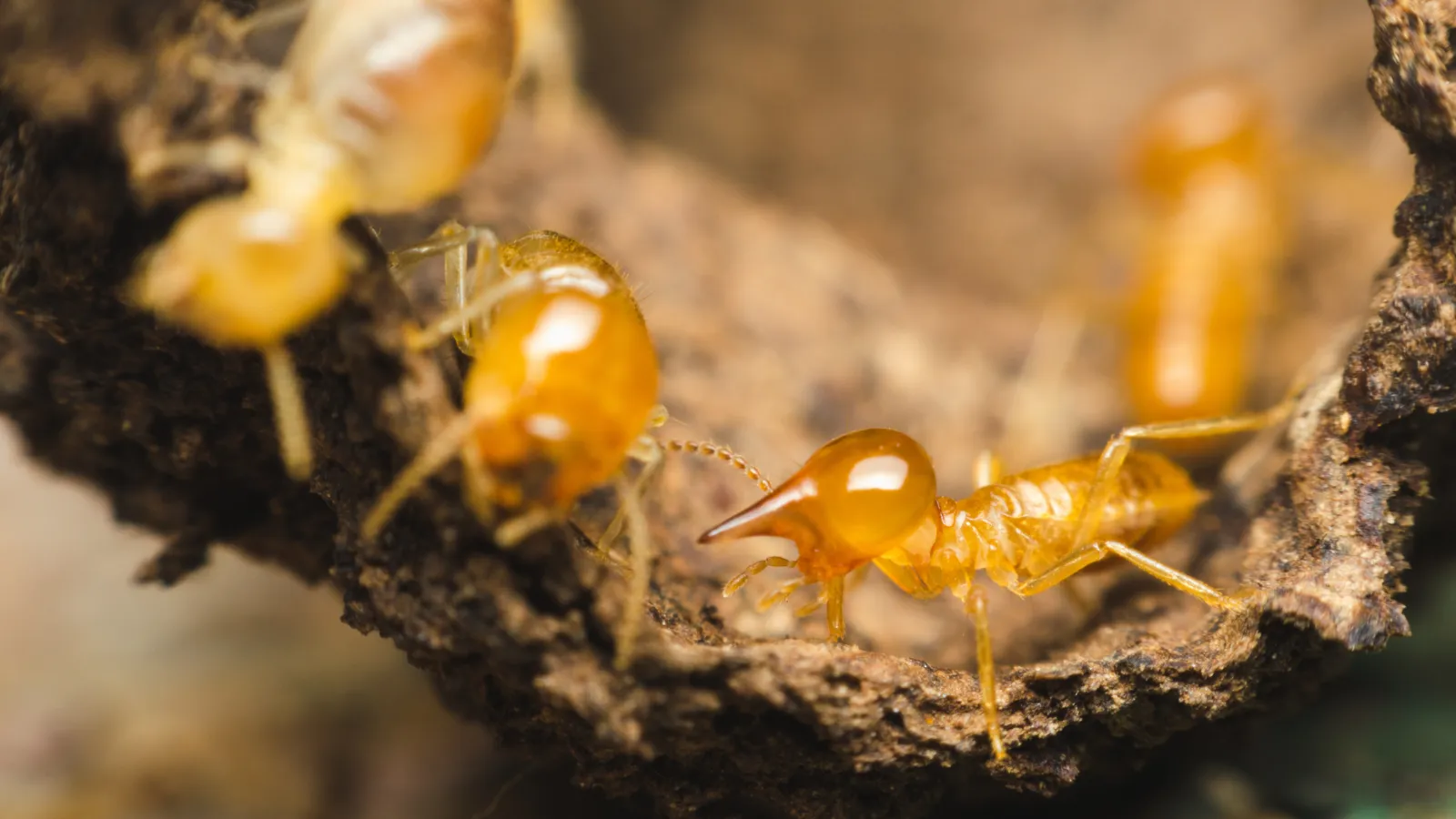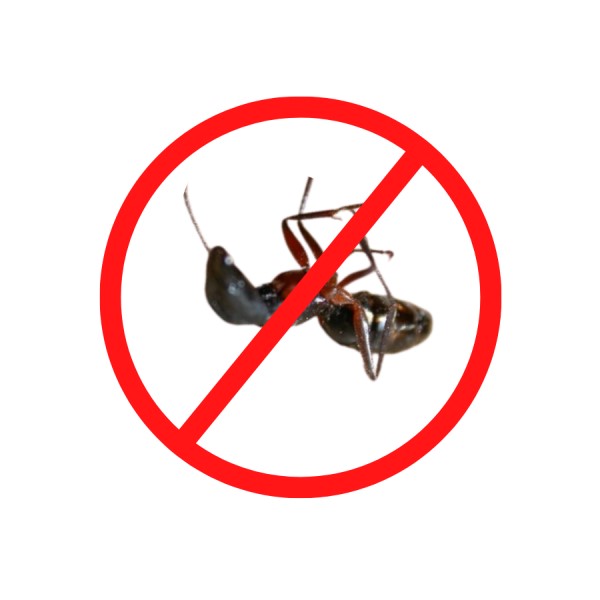Expert Ant Control Services: Personalized Therapies for Enduring Results
Expert Ant Control Services: Personalized Therapies for Enduring Results
Blog Article
Ecological Influence of Bug Control: Harmonizing Effectiveness With Sustainability
The environmental effect of pest control is an essential concern that calls for a fragile equilibrium in between achieving efficiency in ensuring and managing bugs sustainability of our environments. As we aim to secure our plants, homes, and wellness from the threats positioned by insects, the techniques we utilize can accidentally damage the environment. From the usage of unsafe chemicals that seep into our soil and water to the unexpected effects on non-target species, the consequences of standard bug control methods are significant. There are arising methods that offer hope for an extra lasting strategy to pest monitoring. These options not just objective to deal with the immediate insect issues yet additionally take into consideration the long-lasting wellness of our planet.
Harmful Chemicals in Parasite Control
The application of hazardous chemicals in pest control positions significant ecological and health and wellness risks that call for mindful factor to consider and reduction techniques. Pesticides, insecticides, and herbicides are typically used to eliminate insects, yet their widespread application can cause unplanned consequences. These chemicals can pollute soil, water resources, and the air, impacting not only the targeted bugs however likewise advantageous bugs, wild animals, and people.

To attend to these threats, integrated pest management (IPM) strategies are being advertised as an extra sustainable option. IPM entails a mix of methods such as biological control, habitat manipulation, and the targeted use of pesticides as a last hope (ant control stephens nc). By adopting a holistic approach to pest control, we can minimize the ecological and health and wellness effects connected with damaging chemicals while efficiently managing pest populaces
Influence On Non-Target Variety
Considering the unintentional effects of bug control approaches, the impact on non-target types is a critical facet that needs thorough assessment. While insect control measures aim to target particular insects, other organisms in the environment might be unintentionally affected. Non-target varieties, consisting of helpful insects, birds, creatures, and even plants, can experience indirect or direct damage from chemical applications or biological control techniques.
Pesticides designed to combat a particular bug parasite might harm pollinators like bees or natural predators such as ladybugs. Organic control agents, if not species-specific, can present threats to unexpected targets, interrupting the environmental equilibrium.
To minimize the effect on non-target species, integrated pest management (IPM) techniques that emphasize a holistic approach to pest control are advised. These approaches focus on making use of eco-friendly methods, decreasing injury to advantageous organisms while efficiently handling pest populations. Conducting comprehensive risk analyses and monitoring the end results of parasite control initiatives are vital action in safeguarding non-target varieties and advertising total environment health and wellness.
Soil and Water Contamination
Unintentional environmental effects of bug control techniques prolong beyond influencing non-target types, with significant effects for dirt and water contamination. Pesticides, herbicides, and chemical fertilizers made use of in parasite control can seep right into the dirt and infect groundwater, posturing a hazard to both marine and earthbound ecological communities. Soil contamination can disrupt the equilibrium of bacteria crucial for vitamins and mineral biking and plant development, resulting in reduced dirt fertility and efficiency. These chemicals can persist in the atmosphere for extensive periods, collecting in the dirt and potentially getting in the food chain.
Water contamination is one more critical problem connected with pest control practices. To alleviate dirt and water contamination from insect control tasks, incorporated pest administration methods that prioritize sustainability and minimize chemical inputs are essential.
Air Contamination From Chemical Usage
Direct exposure to airborne pesticides during agricultural applications positions a considerable concern for air contamination control actions. Furthermore, chemical drift, where chemicals are lugged by the wind to unplanned areas, can lead to the contamination of neighboring ecological communities and water bodies.

Methods for Sustainable Insect Control
In the world of agricultural practices, implementing lasting parasite control methods is extremely important for preserving ecological equilibrium and securing plant returns. Sustainable parasite control highlights the usage of environmentally pleasant methods to manage bug populations effectively while decreasing injury to non-target microorganisms and communities. Integrated Pest Management (IPM) is a commonly adopted strategy that integrates biological, social, physical, and chemical control approaches to attain long-lasting parasite monitoring services.
One secret strategy in lasting parasite control is advertising biodiversity within agroecosystems. By boosting natural enemies of pests, such as parasitoids and killers, farmers can reduce the demand for synthetic chemicals. Crop rotation and diversity are also efficient strategies to interrupt pest life process and produce less beneficial problems for parasites to prosper. Furthermore, using pest-resistant plant selections and utilizing techniques like catch chopping can help reduce parasite stress without depending heavily on chemical treatments. Inevitably, by integrating these lasting bug control methods, farmers can accomplish a balance in between pest administration effectiveness and environmental stewardship.
Final Thought
To conclude, the ecological effect of insect control methods have to be thoroughly thought about to stabilize efficiency with sustainability. Hazardous chemicals utilized in bug control can bring about soil and water contamination, air pollution, and injury non-target species - termite control services. It is important to apply sustainable bug control approaches to reduce these adverse results on the environment and promote a much healthier ecosystem for future generations
By embracing an alternative strategy to pest control, we can minimize the environmental and health and wellness influences associated with damaging chemicals while properly managing pest populations.

To alleviate the air pollution caused by chemical use, it is essential to take on incorporated insect monitoring methods you could try here that focus on the use of non-chemical bug control methods, such as crop turning, natural predators, and immune crop ranges. Lasting insect control highlights the usage of environmentally pleasant approaches to handle parasite populations successfully while reducing injury to non-target organisms and ecological communities. Integrated Insect Management (IPM) is an extensively embraced strategy that integrates organic, cultural, physical, and chemical control approaches to attain long-lasting pest monitoring remedies.
Report this page